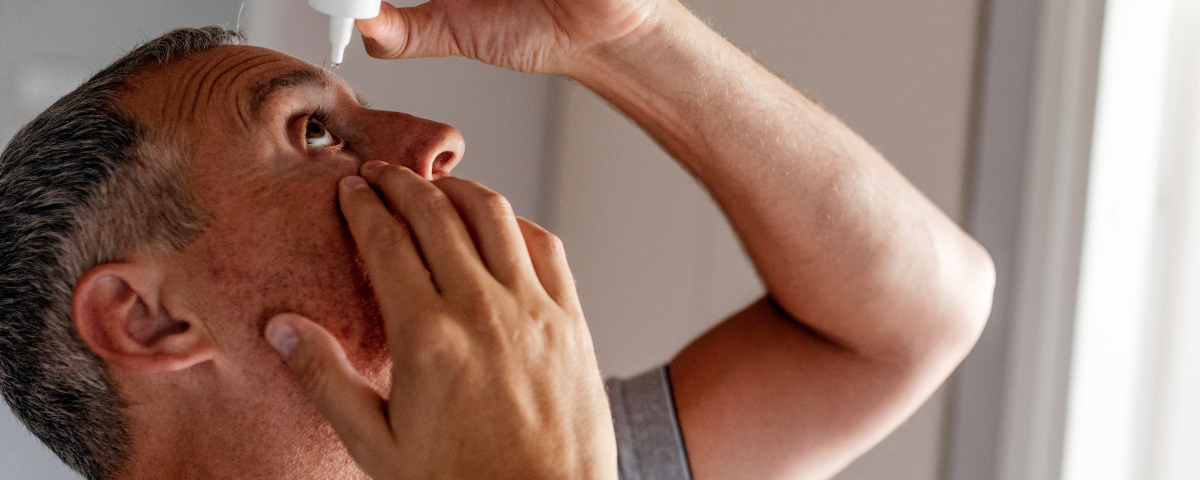Eye Drop Safety

Considering recent news, there have been plenty of people concerned about the “deadly eye drops” that are causing infections, removal of the eyes, or even death. I’ve had family members send me links to the articles and patients stop taking prescribed drops because of the reports. So, what happened and what are things you should be mindful of?
Eye drops are a common way to treat a variety of eye conditions, including dry eye, allergies, and glaucoma. While eye drops are generally considered safe, it is important to use them correctly and consult with your eye doctor before starting any treatment. Additionally, there are different types of eye drops available, including preserved and non-preserved options.
Preservatives are added to some eye drops to help prevent bacterial growth and contamination, and to extend the shelf life of the product. Preserved eye drops often come in bottles which are usually more cost-effective than single-use options. However, some people may be sensitive or allergic to preservatives, and prolonged use of preserved eye drops can cause irritation or dryness.
Non-preserved eye drops, on the other hand, do not contain any preservatives and are usually packaged in single-use vials or occasionally multi-use bottles. Because non-preserved eye drops do not contain preservatives, they typically have a shorter shelf life than preserved eye drops and may need to be discarded after a certain amount of time or after a single use, depending on the instructions provided by the manufacturer. It's important to follow these instructions carefully to ensure the safety and effectiveness of the medication.
Before using any eye drops, it is important to consult with your eye doctor at BeSpoke Vision to determine the best course of treatment for your specific condition and needs. With the aisles of over-the-counter eye drops available, it is easy to get lost on what’s best for the health of your eyes. Here are several other steps you can also take to ensure safe and effective use of eye drops:
- Always read the label and follow the instructions carefully
- Wash your hands before using eye drops.
- Avoid touching the tip of the dropper or bottle to your eye or any other surface.
- Store eye drops according to the instructions and discard them after the expiration date or recommended timeframe.
- If you experience any unusual symptoms or side effects, stop using the eye drops and contact your eye doctor.
The recent recall of certain eye drops highlights the importance of seeking professional medical advice before using any medication. The manufacturer of the recalled drops failed to conduct sufficient tests for contamination and packaged them in a non-preservative bottle, which allowed bacteria to contaminate the product. As a result, many patients have experienced the consequences of irreversible vision loss.
If you're experiencing symptoms such as dryness, irritation, or redness in your eyes, it's essential to schedule a consultation with a medical professional instead of relying on information from unverified sources such as "Dr. Google." The potential risks of using untested or contaminated eye drops are not worth the potential harm to your eyes and overall health. Don't risk becoming a victim of a medication recall and prioritize your eye health by seeing your eye doctor.


